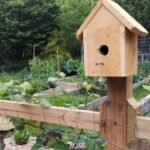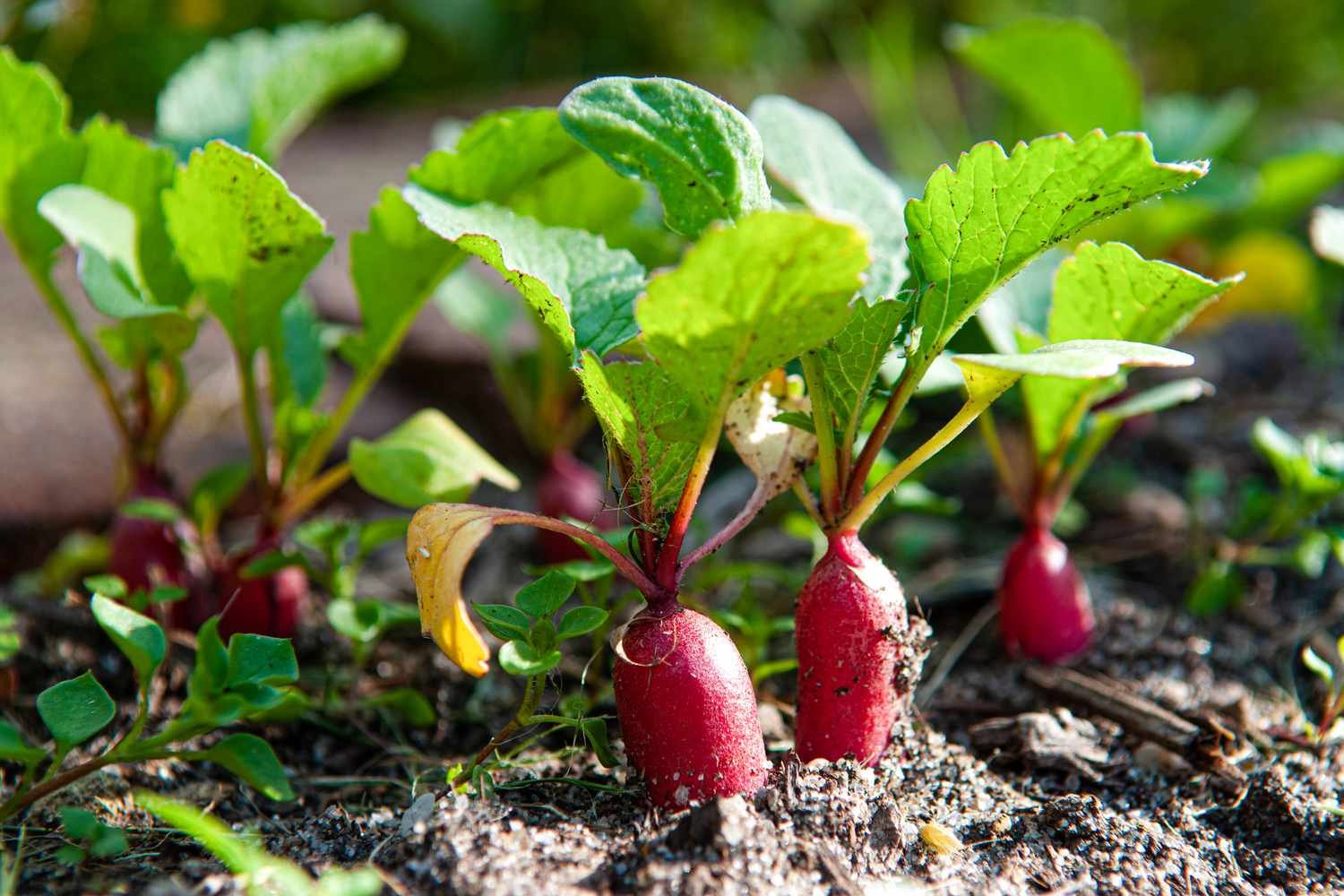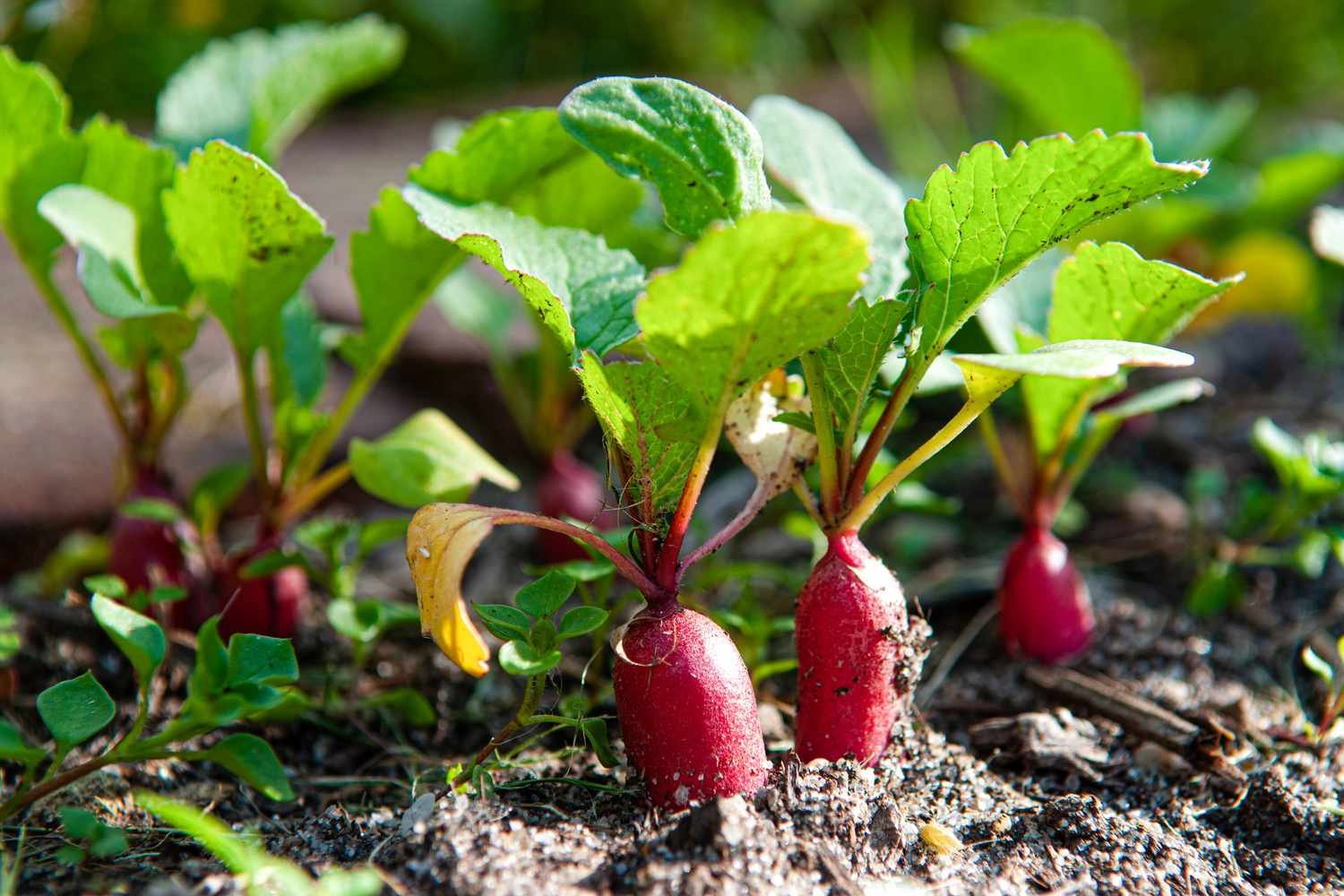Maintaining garden health is essential for ensuring that your plants thrive and your outdoor space remains beautiful and vibrant throughout the growing season. From proper watering and soil management to pest control and regular maintenance, there are many factors to consider when it comes to keeping your garden in top shape. In this article, we’ll explore some essential tips and strategies for maintaining garden health so you can enjoy a thriving and productive garden year-round.
Soil Health: The Foundation of a Healthy Garden
Healthy soil is the foundation of a successful garden, providing essential nutrients and a stable growing environment for plants. Start by testing your soil to assess its pH level and nutrient content, and amend it as needed to create the optimal growing conditions for your plants. Incorporate organic matter such as compost, aged manure, or shredded leaves to improve soil structure, fertility, and moisture retention. Avoid compacting the soil by walking or working in the garden when it’s wet, and use mulch to suppress weeds, conserve moisture, and protect soil health.
Proper Watering Techniques
Watering is crucial for plant health, but it’s essential to water your garden properly to avoid over- or under-watering. Water deeply and infrequently to encourage deep root growth and drought tolerance, rather than shallow and frequent watering which can lead to weak, shallow roots. Use a soaker hose or drip irrigation system to deliver water directly to the root zone and minimize water waste through evaporation or runoff. Water early in the morning to reduce the risk of fungal diseases and water stress during hot afternoon temperatures.

Integrated Pest Management
Pests can wreak havoc on your garden if left unchecked, but chemical pesticides can harm beneficial insects and disrupt the ecosystem balance. Instead, practice integrated pest management (IPM) to control pests in an environmentally friendly manner. Monitor your garden regularly for signs of pest damage, and take action at the first sign of trouble. Use physical barriers such as row covers or netting to protect plants from pests, and encourage natural predators such as ladybugs, lacewings, and birds to help control pest populations. Consider using natural remedies such as insecticidal soap, neem oil, or diatomaceous earth to target specific pests while minimizing harm to beneficial insects and other wildlife.
Regular Maintenance Tasks
Regular maintenance is key to keeping your garden healthy and looking its best year-round. Take the time to weed your garden regularly to remove competition for water, nutrients, and sunlight, and to prevent weeds from overtaking your plants. Deadhead spent blooms to encourage continuous flowering and remove faded foliage to improve air circulation and reduce the risk of disease. Prune shrubs and trees as needed to maintain their shape, remove dead or diseased branches, and promote healthy growth. Keep pathways clear and tidy to prevent tripping hazards and make it easier to access your garden beds for planting, weeding, and harvesting.
Fertilization and Nutrient Management
Plants need essential nutrients to grow and thrive, and it’s important to provide them with the right balance of nutrients throughout the growing season. Test your soil regularly to assess nutrient levels and pH, and fertilize your garden as needed to supplement any deficiencies. Choose organic fertilizers such as compost, fish emulsion, or seaweed extract to provide slow-release nutrients and improve soil fertility without harming beneficial soil organisms. Apply fertilizers sparingly and according to package instructions to avoid over-fertilization, which can lead to nutrient runoff and water pollution.
Conclusion
In conclusion, maintaining garden health is essential for ensuring that your plants thrive and your outdoor space remains beautiful and vibrant year-round. By focusing on soil health, proper watering techniques, integrated pest management, regular maintenance tasks, and fertilization and nutrient management, you can create a garden that is healthy, resilient, and productive. So roll up your sleeves, put on your gardening gloves, and take the necessary steps to care for your garden and keep it in top shape. With a little effort and attention to detail, you can enjoy a thriving and beautiful garden that brings joy and satisfaction for years to come.











